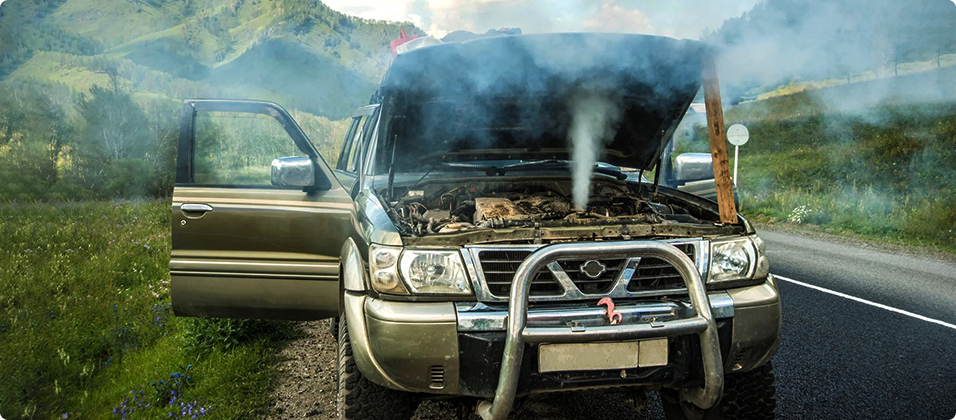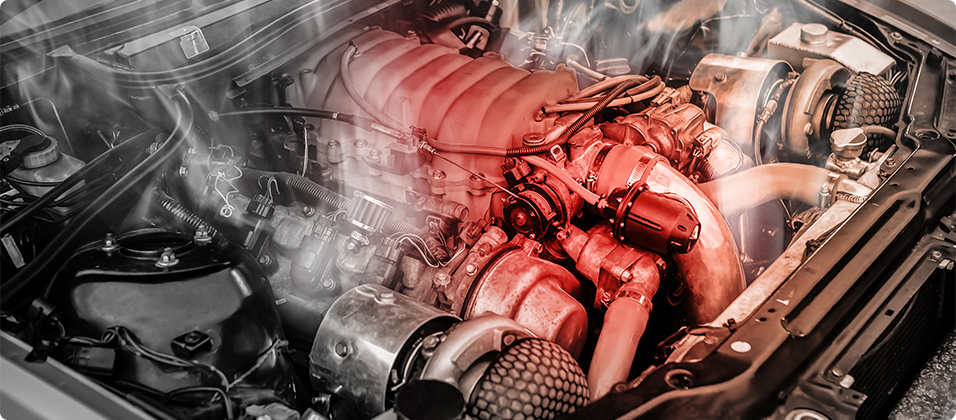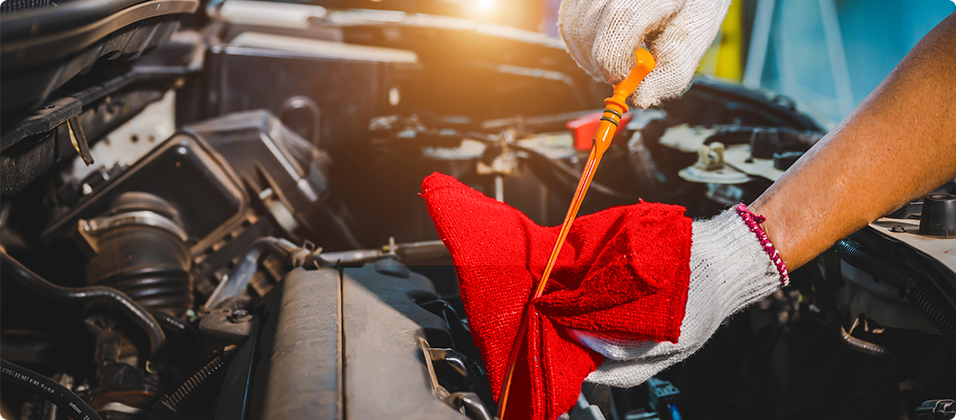
Introduction: Engine Importance and Overheating Problems
The engine is the heart of any car, ensuring its reliable operation. However, engine overheating is a serious issue that can lead to significant breakdowns and costly repairs. In this article, we will explore the main causes of engine overheating and the critical role of engine oil in preventing breakdowns and improving engine cooling efficiency.
Main Causes of Engine Overheating
1. Insufficient Coolant Level
Coolant plays a crucial role in regulating the engine’s temperature. Insufficient coolant level can result in inadequate cooling, leading to engine overheating.
2. Thermostat Failure
The thermostat is responsible for controlling the flow of coolant in the engine. When it malfunctions, it can disrupt the proper circulation of coolant, causing the engine to overheat.
3. Damage in the Cooling System
Leakages or damages in the cooling system can cause a drop in coolant pressure, leading to engine overheating.
4. Problems with the Lubrication System and Oil
Engine oil is essential for proper lubrication and cooling of the engine. Insufficient or poor-quality engine oil can lead to increased friction and heat, contributing to engine overheating.

The Role of Oil in Preventing Engine Overheating
1. Functions of Engine Oil in the Engine
Engine oil serves multiple critical functions in the engine, including lubrication of moving parts, reducing friction, and carrying away heat generated during operation.
2. Cooling Properties of Oil
Quality engine oil has excellent cooling properties, effectively dissipating heat from the engine and aiding in its temperature regulation.
3. Effect of Oil on Reducing Friction and Wear
Engine oil with specialized additives reduces friction between engine components, promoting smoother operation and decreasing the risk of overheating and premature wear.
How to Choose the Right Oil to Prevent Overheating
1. Understanding the Specifications and Classifications of Motor Oils
When selecting engine oil, pay attention to the specifications and classifications recommended by your car manufacturer.
2. Oil Viscosity and Operating Conditions
Consider the climate and your vehicle’s engine type when choosing the right oil viscosity. Proper viscosity ensures efficient lubrication and cooling.
3. Benefits of Synthetic Oils in Preventing Overheating
Synthetic oils offer superior cooling and lubricating properties, making them an excellent choice for preventing engine overheating.

Practical Tips for Oil and Cooling System Care
1. Regular Check of Oil Level and Quality
Frequently check the oil level and its quality, and if necessary, perform oil changes according to the manufacturer’s recommendations.
2. Change Oil and Filter as Recommended
Adhere to the recommended oil change intervals and replace the oil filter to maintain optimal engine performance.
3. Checking the Cooling System and Identifying Potential Problems
Regularly inspect the cooling system, identify and address potential issues promptly to prevent engine overheating.
Conclusion
Engine overheating can lead to severe consequences for your car, but proper engine oil and regular maintenance can significantly reduce the risk of breakdowns. Choose high-quality oil, follow the manufacturer’s recommendations, and take care of your car’s cooling system to ensure reliable and safe operation.

